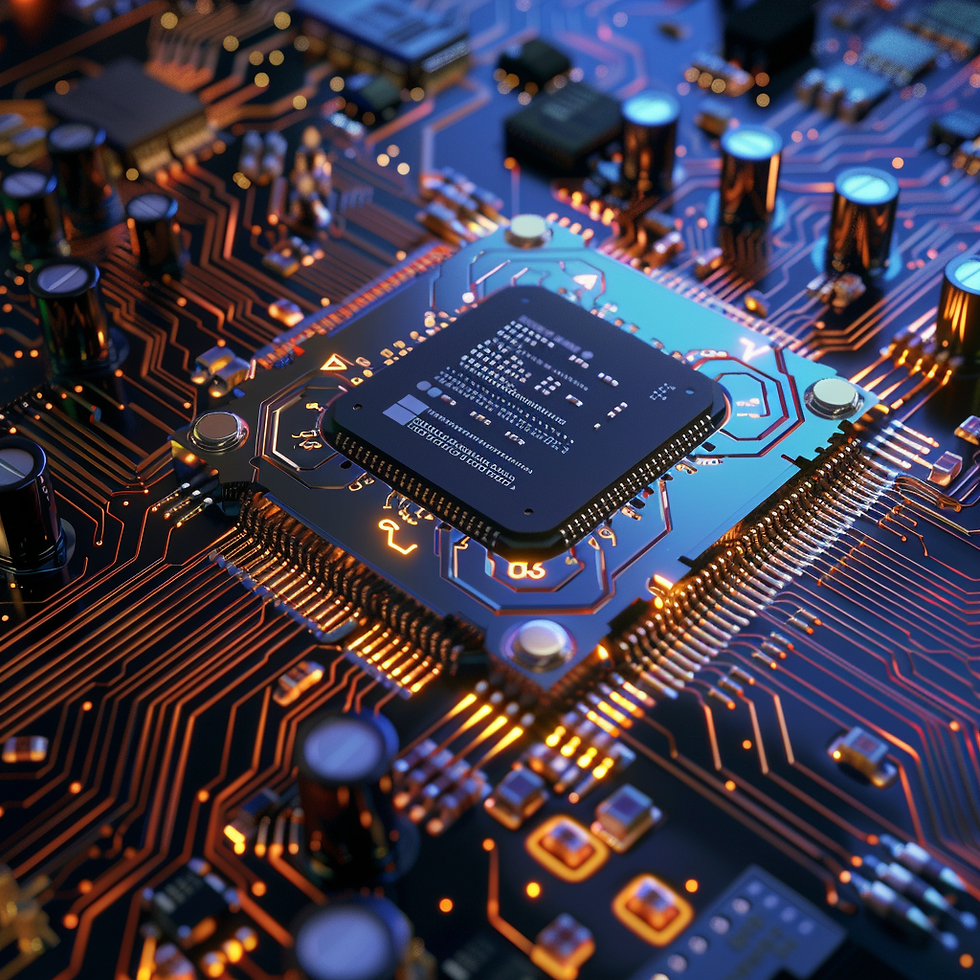Moore's Law for Everything
- Steven Worsham
- Jan 17, 2024
- 2 min read
Updated: Oct 27, 2025
An observation that the number of transistors on a microchip roughly doubles every two years, whereas its cost is halved over that same timeframe.
I have been doing some research on this and find it fascinating on what the future holds. If this does hold true - imagine a car costing 100k today. In 2 years, because technology moves so quickly and advances, that same car purchased new in 2 years will be half the cost at 50k. And so on. You can read more from Sam Altman published March 16th, 2021.
The reason this is important to me is that I feel Moore's Law for Everything is now happening with the advancement of AI and robotics. Imagine factories that eliminate human labor, which is a huge cost, to bring cost down on fabrication. This makes Moore's Law much more relevant.
It continues to go into cause/effect of this. Less jobs for us, but things are less. Today, if you invest $1 into the market, the return is $2. However, you still have the value of $1 because of inflation. With this theory, what you can buy for $1 is much more with efficient production on anything.
The next is taxes. Companies that use AI will be taxed higher to put back into the economy and families that are replaced by AI, or ANI, AGI and ultimately ASI. This is interesting that this can easily become a thing in our life. Imagine free food, shelter and clothing provided by the government. All things necessary, paid for by the very thing that replaced you.
Which also made me think about how we spend our taxes today. Companies like Amazon that use our roads more than any other company - why are they not taxed higher to replace our roads, potholes, bridges, etc.? The list can go on for other examples of what citizens pay for, but Moore's Law is something I stumbled upon and wanted to share. Dive in - it is fascinating.




Comments